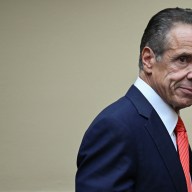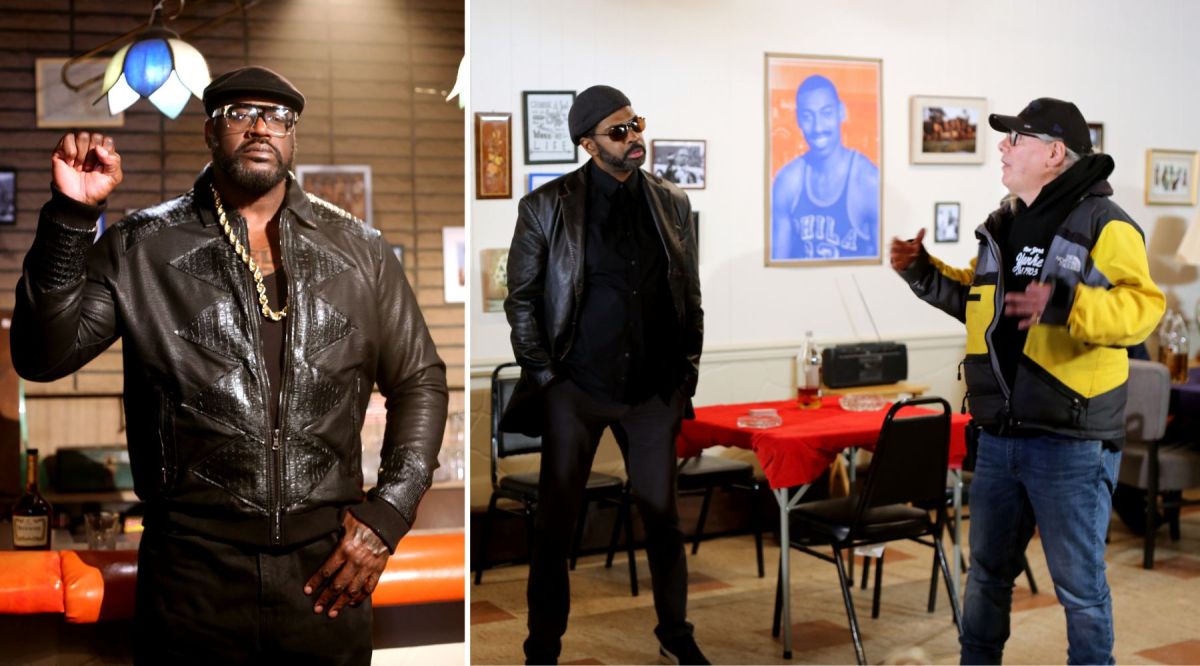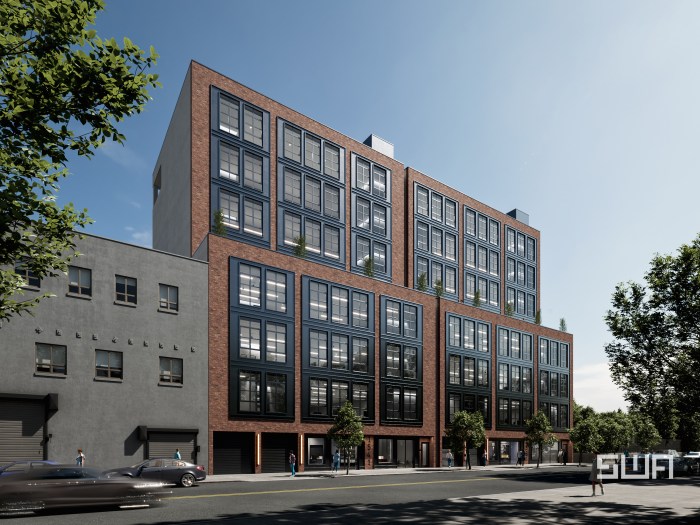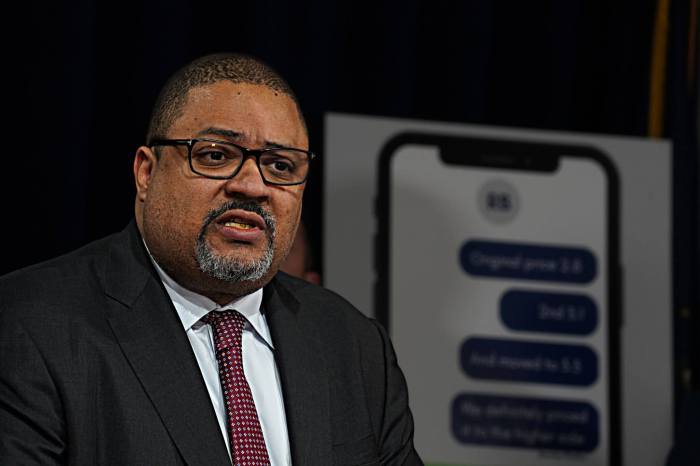BY Albert Amateau
Despite a New York State Senate vote earlier this month for a 10-month moratorium on hydrofracture natural gas drilling, drilling opponents fear the recent cancellation of a federal hearing was a setback in efforts to protect New York City’s supply of drinking water.
Three days before a scheduled August 12th hearing in Binghamton, N.Y. on the impact of “fracking” on the water supply, the Federal Environmental Protection Agency was compelled to cancel the event.
SUNY Binghamton, where the all-day hearing was scheduled, told the E.P.A. that it feared it would attract as many as 8,000 people instead of the estimated 1,200 who were pre-registered. Binghamton officials said they would hold the event if the agency paid $32,000 instead of the agreed $6,000 to cover increase security and administrative costs.
The E.P.A., however, cancelled and tried to move the event to the convention center in Syracuse, but officials there said they did not have enough time to arrange security for potential rallies.
An E.P.A. spokesperson said the agency was seeking a new venue and hopes to hold the hearing sometime in September.
“We think Binghamton was panicked by people sympathetic to the gas industry and by pro-drilling interests,” said Ramsay Adams, president of the Catskill Mountainkeeper, an environmental organization opposed to hydrofracture gas drilling in the region. “And Syracuse fell for the hyp about ‘environmental extremists,’” he continued.
The E.P.A has held three hearings in Texas, Colorado and Pennsylvania on the fracking process, which calls for drilling into the Marcellus shale formation 3,000 foot below the surface and then horizontally injecting millions of gallons of water laced with chemicals to fracture the formation to release natural gas trapped in the rock. Many of the chemicals are known carcinogens and gas companies have refused to divulge the exact content of the chemical mix, contending they are trade secrets.
The federal hearings are preparation for an E.P.A. two-year study of the impact of fracking on water supply.
The Binghamton hearing was the only one in New York State where the Marcellus formation lies beneath the 28 Southern Tier counties that border Pennsylvania. The Bloomberg Administration is opposed to any gas drilling in the Delaware-Catskill watershed that supplies 90 percent of the city’s drinking water. The City Council, Manhattan Borough President Scott Stringer, and state legislators, as well as the Downtown Independent Democrats, have called for a statewide ban on fracking.
Council Speaker Christine Quinn and Councilmember James F. Gennaro, chair of the Council’s environmental protection committee, have scheduled a hydrofracking town hall for 5 p.m., Tuesday, August 24th at the Borough of Manhattan Community College, 199 Chambers Street.
“We remain seriously concerned about this type of gas extraction,” said Quinn. “Natural gas drilling in New York State could contaminate the drinking water of more than 12 million residents in the New York City area.”
While the E.P.A. is holding hearings elsewhere in the state, none have been proposed for New York City.
“This town hall could provide an important opportunity to raise questions and concerns about natural gas drilling and its potential impact on the region’s water supply,” Quinn added.
The August 3rd state Senate bill calling for a drilling moratorium until May 2011 passed by a vote of 48 to 9.
“It was a very important victory considering the money the industry is dangling in front of people,” Adams said.
But the moratorium doesn’t become law until the Assembly passes the same bill and Governor Paterson signs it into law.
Anti-drilling advocates said a moratorium would prevent a surprise drilling move over the next 10 months and they are calling on the Assembly to pass the bill when it reconvenes next month.
But the Assembly has endorsed a two-year drilling moratorium until the E.P.A. completes its national study of the impact on drinking water.
Assembly Speaker Sheldon Silver said in a prepared statement that no drilling should be allowed in any drinking water area in the state until the Federal E.P.A. completes its study and drilling companies fully disclose all the chemicals used in the fracking process.
Bruce Ferguson, spokesperson for Catskill Citizens for Safe Energy, an anti-fracking group, said he believed that unless the Assembly passed the Senate bill, there would not be any moratorium.
“A one-year moratorium is better than none,” he said.


































